punish me now

“I am sorry, I did not mean to” He stood by the door of my room pleading again “Go away please. Leave my room” I responded calmly “I was trying to pick it up and….” “Young man, just go. Have you finished the mopping? “Yes. It was an accident” “Go. it is not a big […]
playing god in a human world

Intrigues, lies, deception, sexual sins, greed, jealousy, unequal yoke, gambling, treachery, hatred, subtle manoeuvring, disobedience to God’s laws, imbalance of power, hatred, harlotry, wickedness, These are some of the plots which makes the bible The bestseller. Lying on my bed during my teen years, the adventurer in me would be lost traveling with the Isrealites […]
on the road to shangisha 2
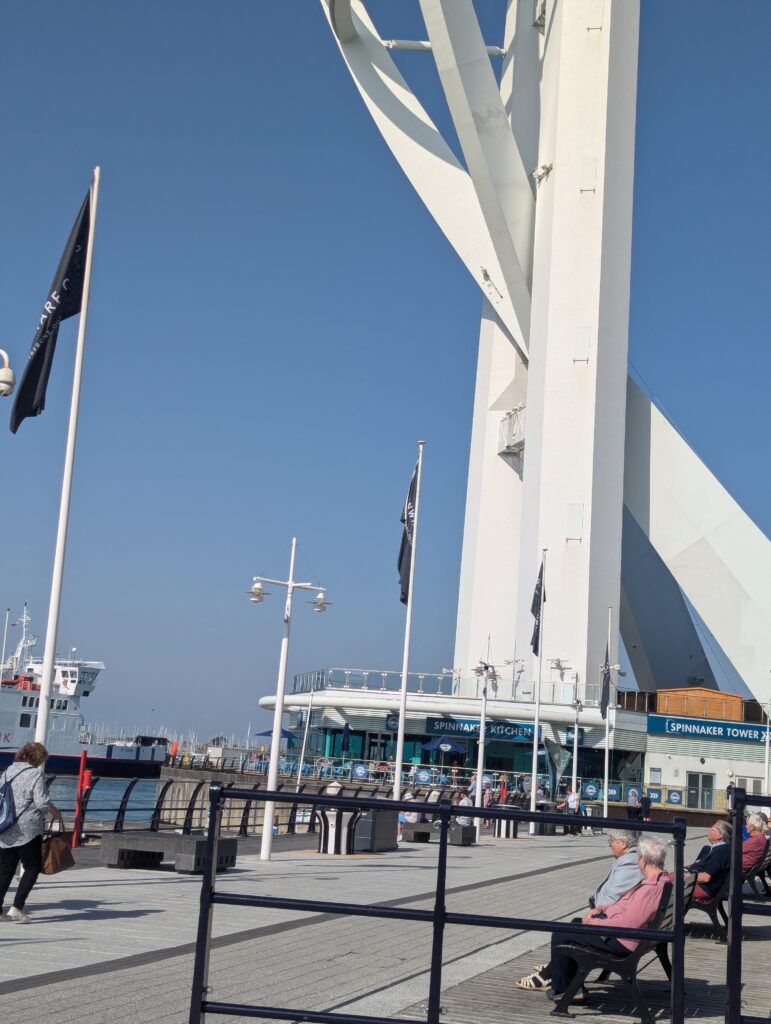
click here for part 1 “I always have Altars commemorating my encounters with God” “Altars kwa?” I responded “Yes. Altars like Bible times” I knew about Altars. I mean, both of us are Old-time religion, faith-based bible followers. We shared similar foundational upbringing and the bible was one common area for us. However, when […]
on the road to shangisha
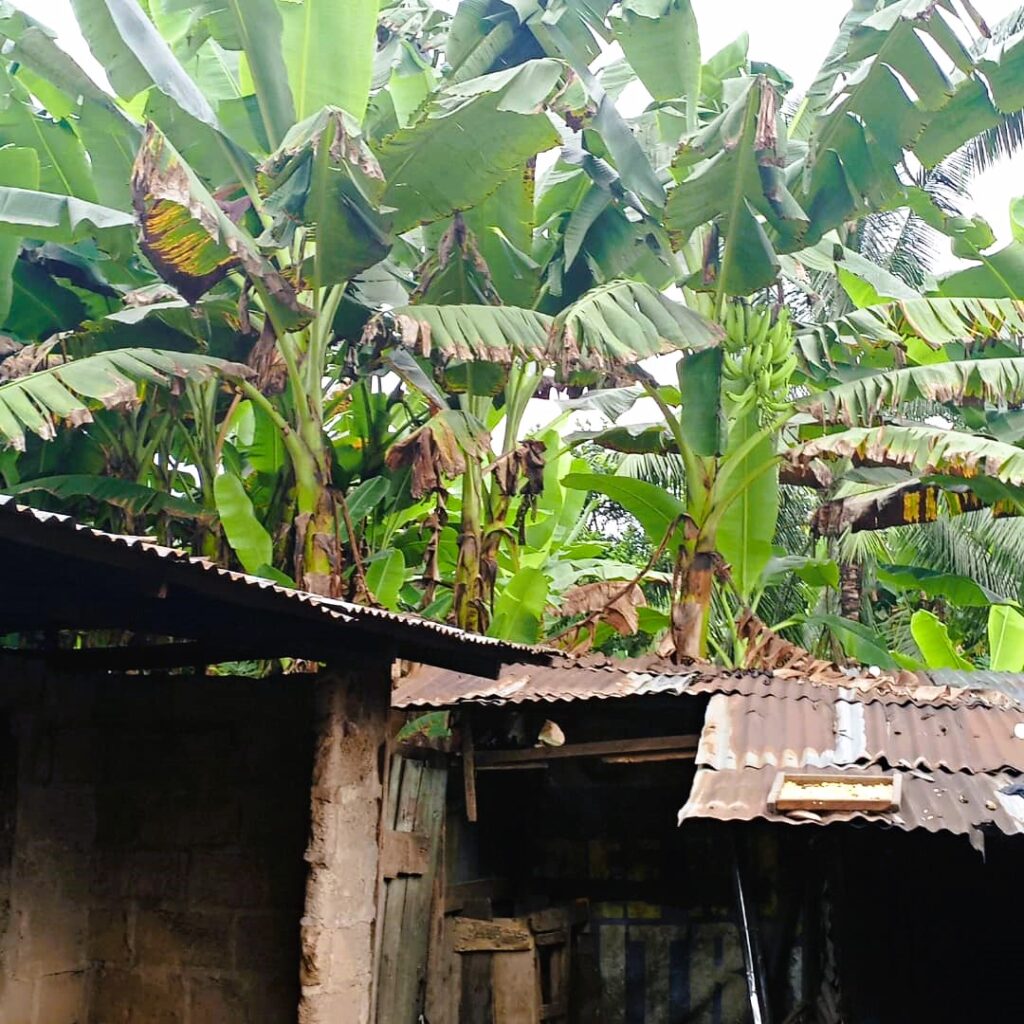
“I vividly recall where I was when Uzoejiagaaro spoke to me about Altars. Pause. “What type of name is such a mouthful?” Please come with me. Uzo. Eji. Aga. Aro. [The road to Aro. Where Aro is short for Arochukwu a local government in Nigeria]. Arochukwu is the third largest city in Abia state. Initially […]
nigerian idioms and preserving history

I began this series with the intent for it to; We kick off this with ‘Oke Mmiri N’ebu Ogbe’ = the hurricane which carries off landmarks Back in the villages, our streams served the same function as the ancient Roman baths. Besides the basic functions of bathing and laundromat, they also provided a safe space […]
of worldviews, perspectives vs lived experiences
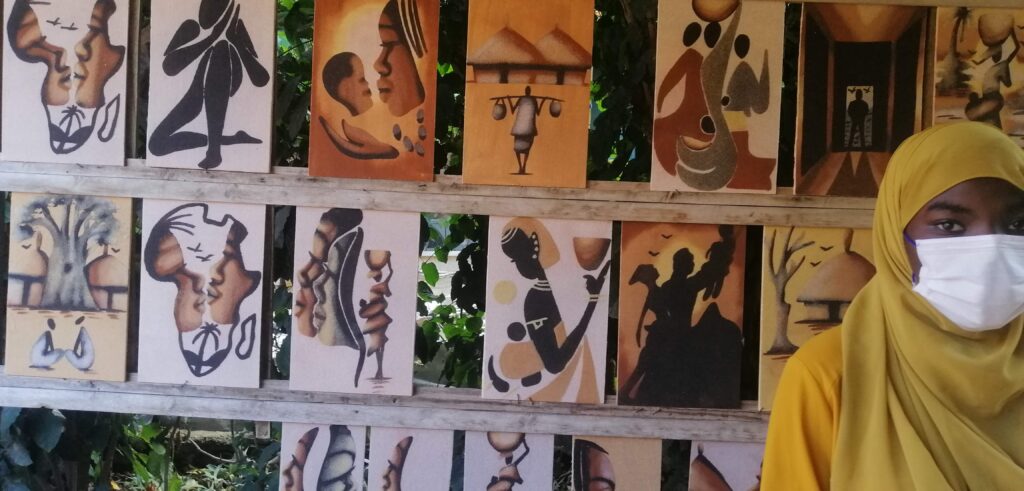
“What is that?” I asked her while pointing to the carton of fruits “Lychee” she said. “How does it taste? I enquired further “It is very sweet” she responded as she picked more into her paper bag. Inside the Mediterranean shop, I quickly picked up a handful and tossed it into my shopping basket. If […]
he lost his marriage to this relocation
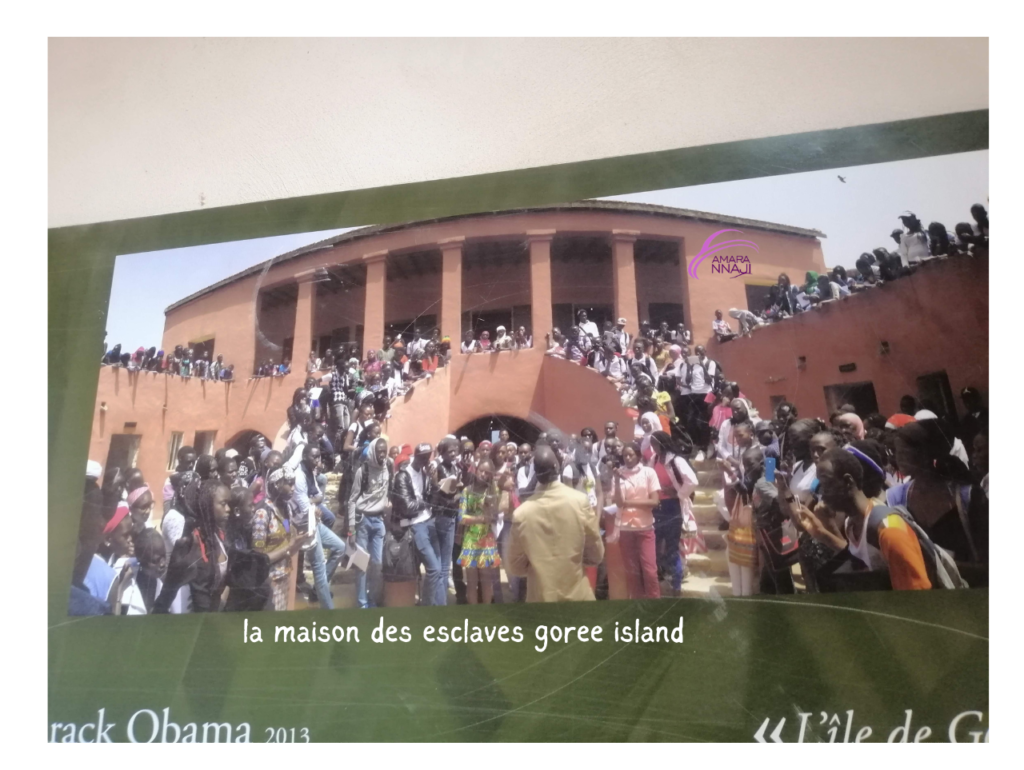
“A family broke up as a husband and wife were sleeping with each other when their spouses were at work” the black man who sat across from me proffered in halting English “You mean the student who left her husband for another man and he had been sent back to Nigeria? Ola turned towards him […]
adjusting to life as an immigrant.
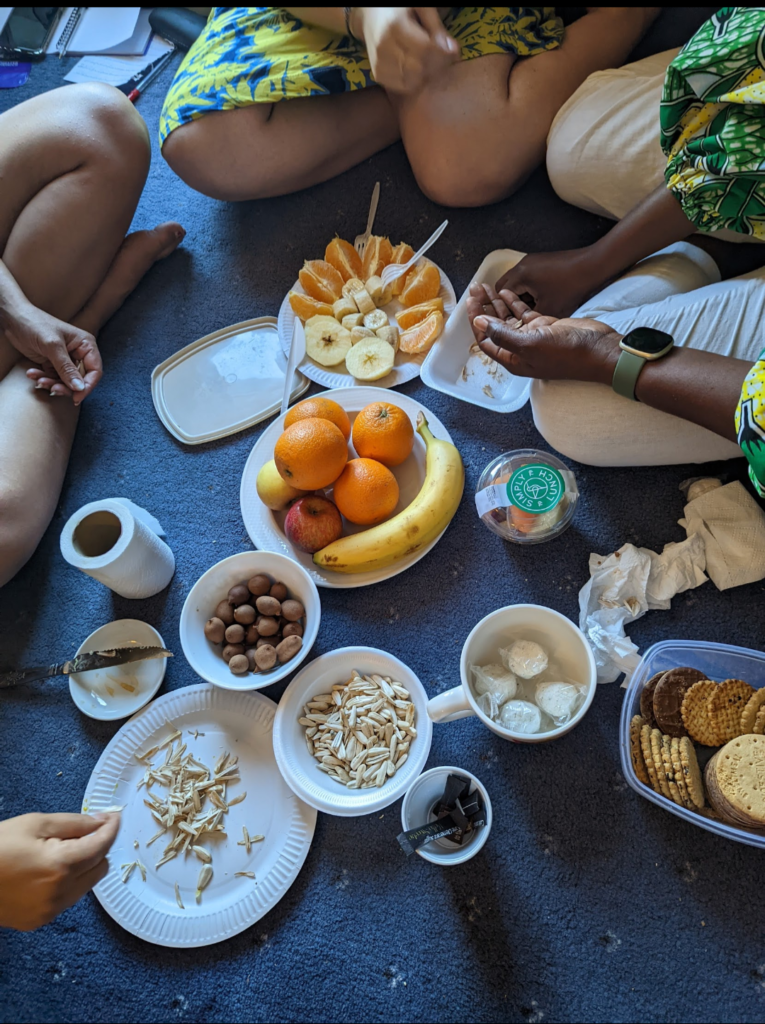
“Your children have never seen you naked? How is that possible? I saw the wheels spinning behind Lucy’s eyes as she blinked astoundingly at Soraya. Two worlds were colliding here. “Yes. This is the first time they would share bathroom with me. What business does my children have in my room when each person’s room […]
error of commission
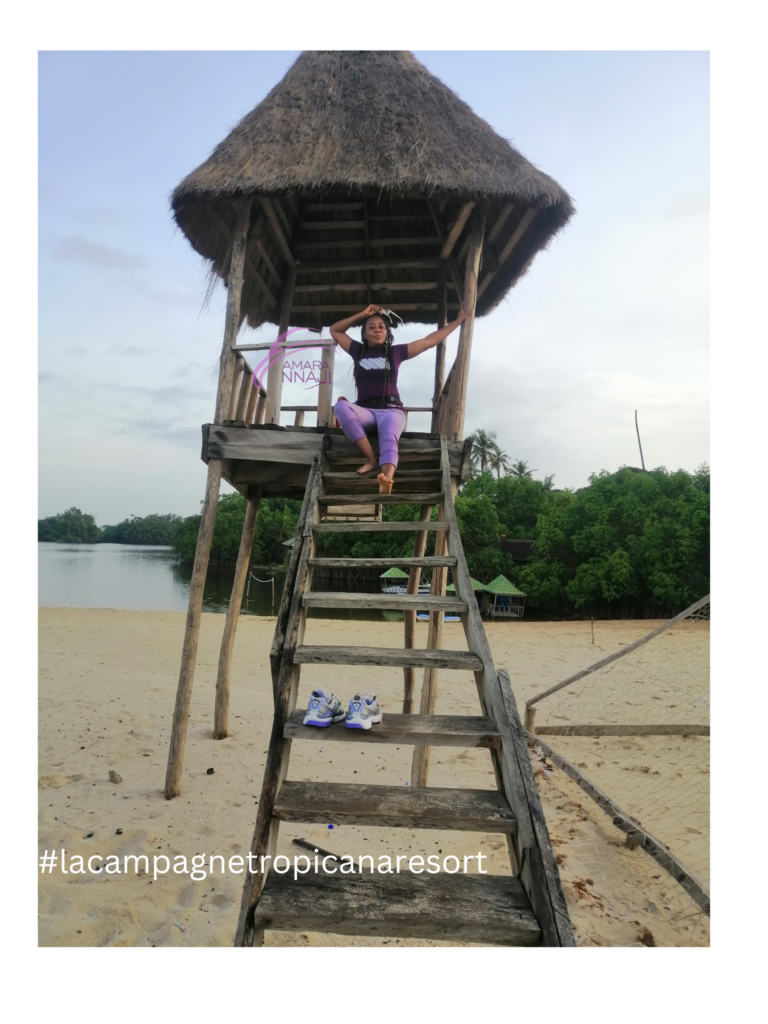
“My home is hot right now as my wife has served me an ultimatum”. he cradled his coffee cup and leaned back into his seat We all turned towards him. “Why is that?” Alan one of the coordinators, an elderly man with kind eyes asked. “She insists my friend has to leave” Ovie replied with […]
Immigrant Parenthood: a man’s world
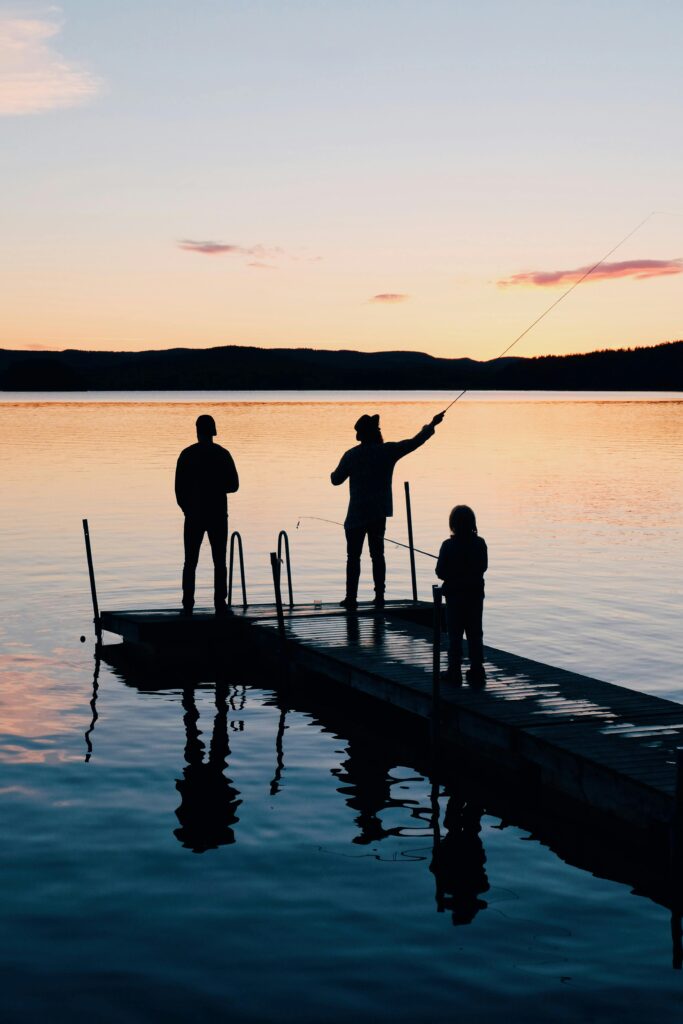
“You saw how clueless I was when my baby began crying. The women here had to step in and take over. If I was back in Nigeria I would never take a baby out of the house on my own. said a frazzled ‘deji as he started contributing to the discussion” The Nigerian in me […]
